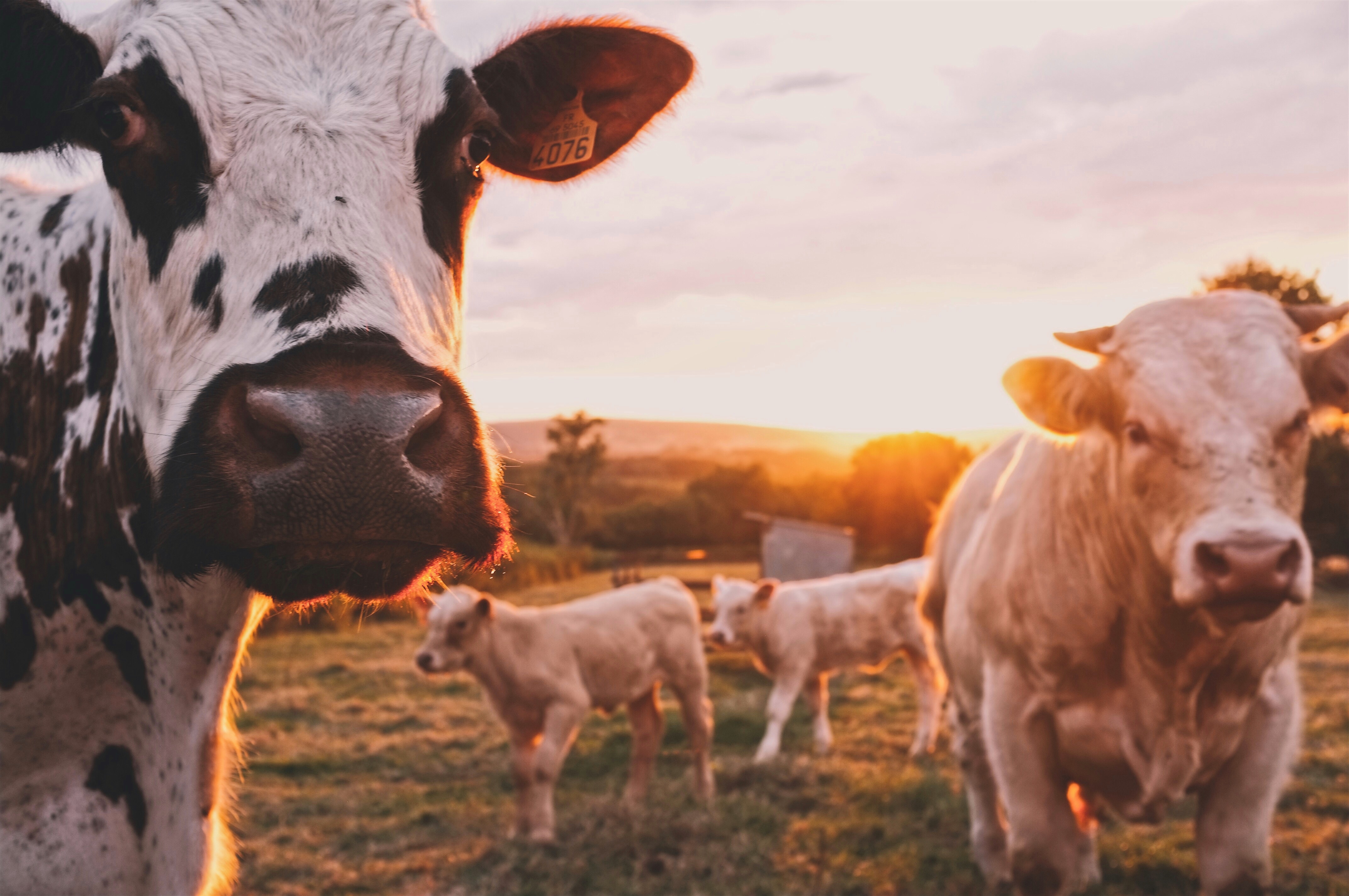An opinion by Benoit Biteau and Claude Gruffat, Greens/EFA MEPs

Mrs. Von der Leyen’s European Commission has decided to make the Green Deal the central pillar of its political action for the next 6 years. The aim is to strike a double blow: boosting the European economy while meeting the European Union’s (EU) climate and environmental objectives. When it comes to agriculture, this major initiative is timely, as the current Common Agricultural Policy has clearly shown its limits. The farming population is in freefall, with Europe having lost half of its farmers in just 20 years. At the same time, consumers are demanding healthier food that is produced as close to home as possible. The European Court of Auditors, like the scientific community, has pointed out the CAP’s ineffectiveness in halting the decline in biodiversity, despite its massive €350 billion budget. It is therefore time for a change of direction, both agriculture and in other sectors. We can only achieve the success of the Green Deal if everyone is mobilised around the same objective.
Yet, within the European Commission, a small village of diehards is resisting. The Directorate General in charge of agriculture, DG AGRI, refuses to listen to scientists, farmers and society as a whole. It resists, acting like a state within the state, ready to do anything to protect its realm. If necessary, DG AGRI will try to bury the Green Deal, the beautiful project of its boss, Mrs Von der Leyen.
This type of democratic scandal, where technocrats undermine the elected representatives, is unfortunately commonplace. In Paris this is known as the famous “Bercy lock”, named after the Ministry of Finance, which extinguishes any attempt to ‘green’ the action of the State in the name of budgetary constraint. This is the very lock that led to the resignation of the former Minister of Ecology Nicolas Hulot last year. Similarly, in Brussels, DG AGRI intends to challenge the climate and environmental commitments of the European Commission, of which it is nonetheless a part, in order to protect the status quo defended by the agribusiness lobbies. It is meticulously stripping the EU’s agriculture and food policy of all ambition.
This is how DG AGRI managed, after months of fratricidal struggle with its counterpart in DG ENVI, to ensure that the CAP has no legally binding link with the objectives of the Green Deal. The Commission’s “From farm to fork” strategy was supposed to translate the Green Deal into the food sector, with ambitious objectives: reducing the use of pesticides by half and increasing the organic agricultural area by 25%, all by 2030. However, in the end, all of this is just a letter of intent, if conducted in parallel with the CAP negotiations. Indeed, as if to reassure the lobbies and the Member States, the Commissioner for Agriculture, Mr. Wojchechowski from Poland, already said that they will not have to fulfil the Green Deal objectives thanks to the CAP. If the EU-27 are already depriving themselves of leveraging a third of the European budget to meet their stated objectives, what ambition can we still have for this poor Green Deal?
Unfortunately, this is only the beginning. There is a good chance that DG AGRI will not stop there. Already, its trade union accomplice COPA-COGECA, which represents the interests of agribusiness, is putting into the public arena the arguments that it has constantly been using internally within the Commission. Thus, having just been elected head of COPA (European Federation of Farmers’ Unions), the French Christiane Lambert was keen to point out that the European Commission’s objectives to decrease pesticide use and promote organic alternatives were not based on any impact assessment. That strategy is well known: first slow down environmental policies and then empty them of content, through the most aggressive internal and external lobbying. Meanwhile, studies on the disastrous impacts of the current policy are piling up.
The risk for the President of the Commission and its Vice-President in charge of the Green Deal, Mr Timmermans, is that this project remains stillborn. The only way to reverse the trend now is for the Parliament, the only directly elected institution in the Brussels bubble, to reject the proposed draft and send it back to the European Commission. The vote on the CAP, in essence, will become a referendum on the political project for which Mrs. Von der Leyen was elected: if the 475 MEPs who brought her to the presidency of the European Commission hope to remain consistent for a few more months, then they will vote against this CAP! It is only on this condition that Mrs. Von der Leyen will be able to submit DG AGRI to her will and bring the Green Deal to a successful conclusion.
